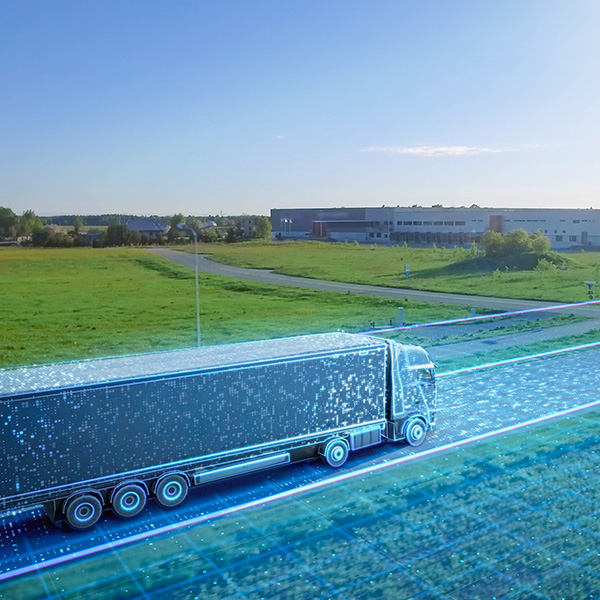Self-Driving Trucks Could Enter Florida Highways in 2015

By now most people have heard of self-driving vehicles, but it’s generally believed that such technology is a handful of years away from practical implementation. Royal Truck & Equipment, a construction company that operates in Florida but is based in Pennsylvania, thinks otherwise. Royal believes it could have self-driving trucks working on Florida’s highways at the end of this year.
Why Florida Highways Need Autonomous TMA (ATMA)
If you have driven past construction on a freeway, you may have noticed trucks towing impact attenuators, which are big cushions intended to reduce damage in a collision. These trucks shield construction workers from traffic and reduce fatalities on construction sites almost by half. However, the drivers of these trucks are, according to Royal Truck & Equipment’s President Robert Roy, “literally waiting to be struck”.
Royal wishes to increase the safety of its workers while reducing cost—and the Autonomous TMA can do both. Because the trunks need no driver, it reduces the amount of personal a construction crew needs to hire as well as eliminates risk for those who would have operated the vehicle.
When Florida Will See Self-Driving Trucks
Despite the fact Google, Apple, and Uber are hard at work, none of them are ready to release self-driving cars. Some have convincing and operating models ready, but they not quite ready for American freeways. Daimler Trucks, a company that recently demonstrated its first self-driving tractor-trailer, professed that the product would not be ready for years despite the fact the tractor-trailer has been licensed on public roads.
Royal, however, has partnered with Micro Systems, a company responsible for creating unmanned vehicles in the US military, and believes Autonomous TMA will hit Florida highways at the end of 2015. On August 24th, the ATMA performed beautifully in a demonstration, during which it mimicked a lead truck around Bethlehem’s municipal swimming pool. ATMA matched the lead truck’s speed, braking, and movement. The ATMA can also be controlled through GPS waypoints and a remote control.
Are Self-Driving Trucks Safe?
A legitimate fear of many drivers, the answer remains to be seen. Aside from controlled demonstrations, no quantifiable evidence has been presented in either direction. Currently, Royal and Florida’s transportation department are negotiating a terms of agreement regarding the ATMA.
Hackers of such self-driven vehicles still pose an unsolved and real problem. Royal plans to put “security measures in place so that doesn’t happen” but has yet to disclose what those measures will be.
There’s no denying the extra protection the ATMA could provide for construction workers. The question remains: can self-driving trucks be made reliable and will the ATMA’s pave the way for self-driving technology?
Categorized in: Driving, Florida, Safety Tips, Technology, Workplace Safety
